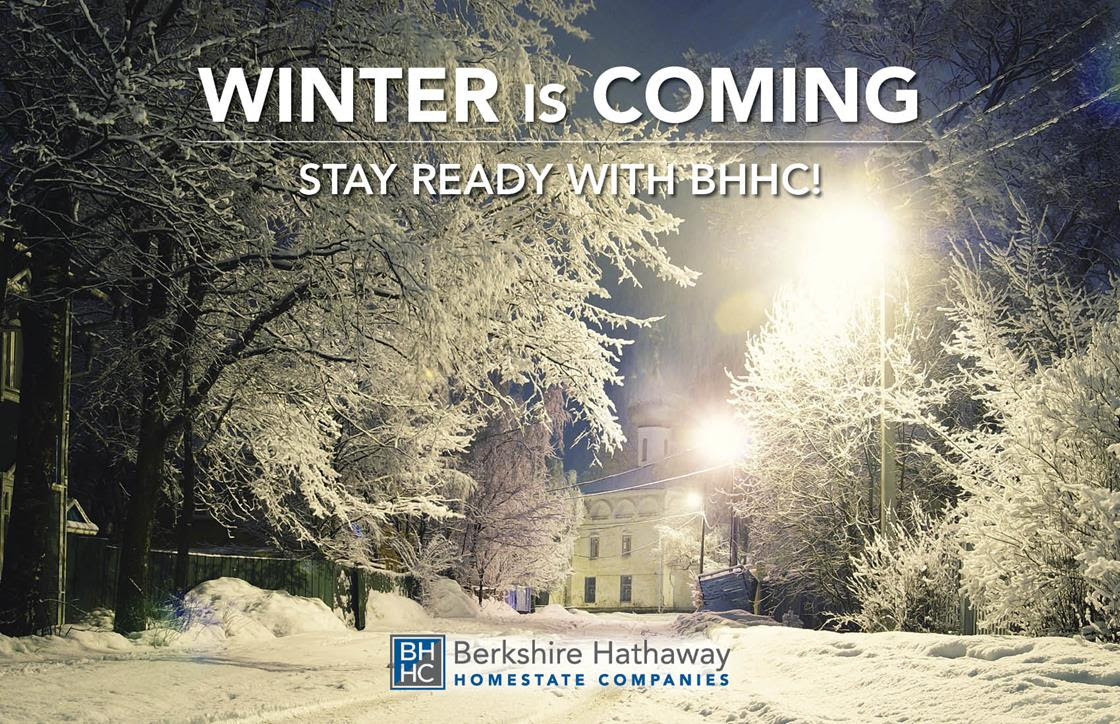Ensuring a child’s safety is a number one priority. Whether your child walks to school, takes the bus, rides a bike or is driven to school, the National Safety Council offers tips parents can use to make sure their child arrives safely. Here are some of those tips:
Walking
Walking to school is a good way for kids to socialize with their schoolmates and become familiar with the neighborhood. If your youngsters are old enough to walk to school, plan a safe route with the fewest street crossings. Practice the route with them several times until you’re confident they can make the trip safely on their own. If possible, have them walk with friends, since there’s safety in numbers. Don’t forget to discuss traffic safety with your kids and stress the importance of walking on sidewalks.
Biking
Biking to school is great exercise, but accidents can happen. Before letting your kids ride on the streets, be sure they’re familiar with traffic signals and street signs. Instruct them to ride on the right-hand side of the road with the flow of traffic, rather than against it. To help reduce head injuries, have them wear approved bike helmets – regardless of how short the trip. And if they must ride at night, make them visible with proper lighting and reflective clothing.
Taking a Bus
Riding a bus can be a fun and convenient way to get to school. Since most injuries occur while getting on or off the bus, teach your kids school bus safety. Have them wait for the bus on the sidewalk, rather than in the street. When the bus arrives, wait for it to completely stop before boarding. Tell them to follow the bus driver’s instructions and remind them not to push or shove. Exit the bus holding the handrails to avoid slipping and falling. Lastly, remind them to walk 10 steps in front of the bus so they can see the bus driver before crossing the street.
Getting a Ride
While it may seem safe to drive your kids to school, there are measures you can take to help prevent car injuries. If your children are too young to wear seatbelts, place them in age and weight appropriate car seats or booster seats. Allow enough travel time so you don’t have to speed. Never text or use your phone while driving. There will be children going to school along your route that may cross the road unexpectedly. As you approach a school, slow down and watch out for kids darting into the streets.
